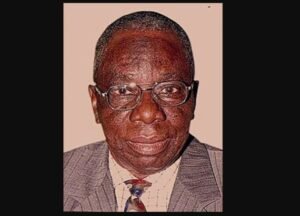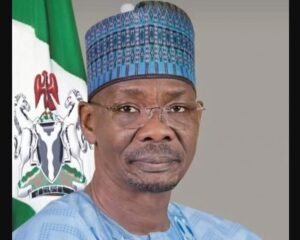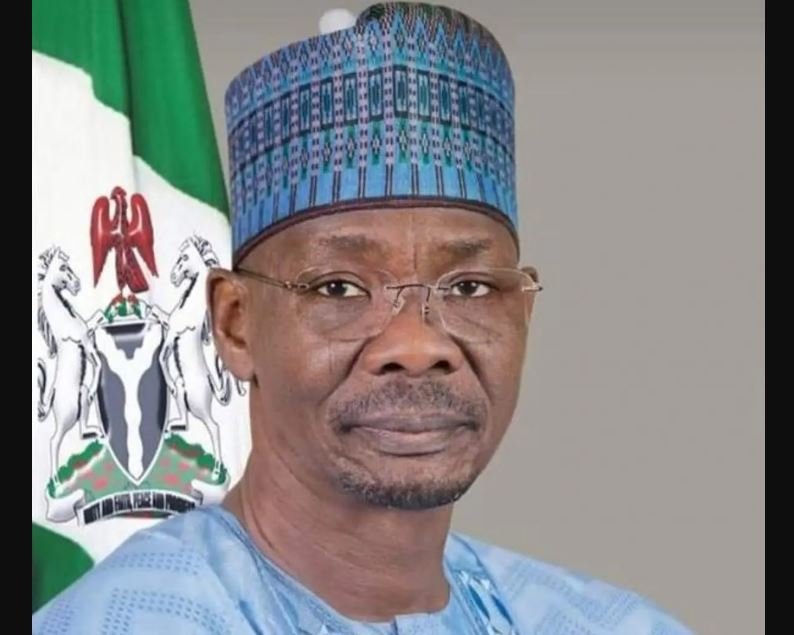Nasarawa State, founded in 1996, has seen leadership evolutions from military administrators to elected governors. This guide provides a comprehensive list of all governors who have served the state, along with their tenures and political affiliations.
We’ll also take a look at the roles of the early military administrators in laying the groundwork for governance and the current leadership’s focus on development.
READ ALSO: List Of Governors Of Plateau State (1976-Present)
Complete List Of Past And Current Governors Of Nasarawa State
Name | Began Tenure | Ended Tenure | Party |
|---|---|---|---|
Abdullahi Ibrahim | 7 Oct 1996 | 6 Aug 1998 | Military |
Bala Mande | 6 Aug 1998 | 29 May 1999 | Military |
Abdullahi Adamu | 29 May 1999 | 29 May 2007 | PDP |
Aliyu Doma | 29 May 2007 | May 2011 | PDP |
Umaru Tanko Al-Makura | May 2011 | May 2019 | CPC |
Abdullahi Sule | May 29, 2019 | Incumbent | APC |
Who Was The First Military Administrator Of Nasarawa State?

The first military administrator of Nasarawa State was Wing Commander (retired) Abdullahi Ibrahim.
He served in this position from August 1996 to August 1998, following the creation of Nasarawa State from part of Plateau State during the military regime of General Sani Abacha.
During his tenure, Abdullahi Ibrahim played a key role in establishing the state’s executive council and overseeing the initial stages of governance.
He concentrated on building essential infrastructure for the state, including the Government House and the state secretariat. These developments laid the foundation for the administrative machinery of Nasarawa State.
One notable action taken by Abdullahi Ibrahim was his announcement in August 1997 regarding the federal government’s decision to review the rulings of local government election appeal tribunals across the country.
This decision was prompted by evidence of corrupt malpractices observed in these tribunals. By addressing these issues, Ibrahim demonstrated a commitment to transparency and fairness in the electoral process within Nasarawa State.
Abdullahi Ibrahim’s leadership during the formative years of Nasarawa State was instrumental in shaping the state’s trajectory.
His efforts contributed to the building of essential government structures and the promotion of good governance practices.
Through his initiatives, Ibrahim laid the groundwork for future administrations to build upon and further develop the state.
READ ALSO: List Of Governors Of Niger State (1976-Present)
Who Is The Current Governor Of Nasarawa State?

The current governor of Nasarawa State is Abdullahi Sule, having been In office since May 29, 2019, succeeding Umaru Tanko Al-Makura.
Abdullahi Sule is a member of the All Progressives Congress (APC) and serves alongside his deputy, Emmanuel Akabe.
Abdullahi Audu Sule was born on December 26, 1959, in Akwanga-West Development Area of what is now Nasarawa State. He had his early education at Roman Catholic Mission (RMC) Primary School and Zang Secondary School.
Then, he attended Government Technical College, Bukuru, before pursuing further studies at Plateau State Polytechnic.
Sule received a scholarship to study at Indiana State University in the United States, where he obtained a Bachelor of Science in Mechanical Technology and a master’s degree in Industrial Technology.
Returning to Nigeria, Sule worked as a youth corps member with the Plateau Utilities Board before joining the Jos Steel Rolling Mill as a Production Engineer.
Also, he later worked for different companies in the United States before co-founding Sadiq Petroleum Nigeria Limited upon his return to Nigeria. He was even the CEO of African Petroleum (AP) Plc.
In politics, Sule won the gubernatorial primaries for Nasarawa State under the APC on October 1, 2018. He was declared governor-elect after the 2019 Nasarawa gubernatorial election held on March 9, 2019.
Then he began his first term as governor on May 29, 2019, and was re-elected for a second term in 2023. Abdullahi Sule has been committed to the development and progress of the state, implementing different projects and policies to Improve the lives of the people.

